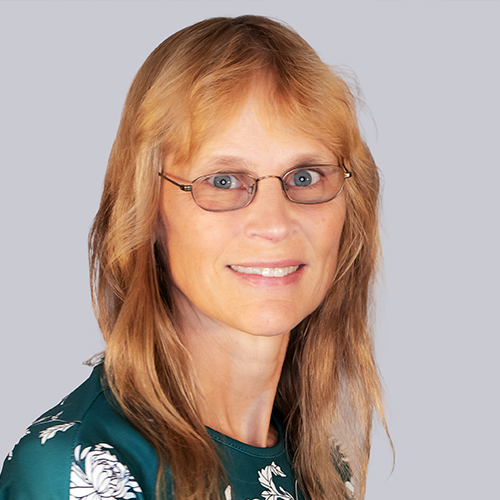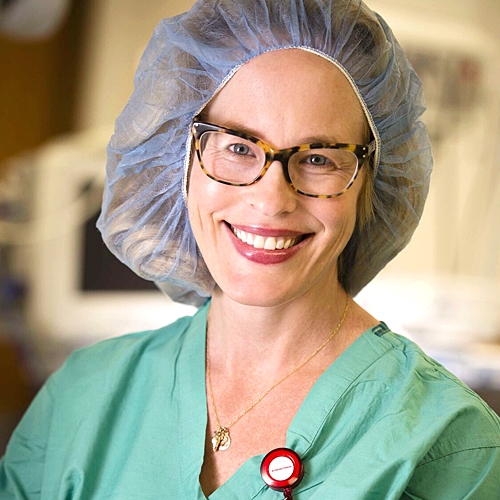 Maternal Illness Online Course(s) & Continuing Education
Maternal Illness Online Course(s) & Continuing Education
Access the latest clinical skills and research for Maternal Illness for PREGNANCY, LABOUR & CHILDBIRTH professional training. These Maternal Illness online courses provide practice-changing skills and valuable perspectives from leading global experts. This Maternal Illness education has been accredited for a variety of CEUs / CERPs and can be accessed on-demand, at your own pace.


Alixandra Bacon is a Registered Midwife and settler living and working in Vancouver, BC on the traditional and unceded territories of the Musqueam, Squamish, Tsleil-waututh and Tsawwassen nations. Alixandra is President of the Canadian Association of Midwives, Past President of the Midwives Association of BC, and clinical faculty at the University of British Columbia, Faculty of Medicine. Alixandra is passionate about creating equitable access to excellent sexual, reproductive and newborn midwifery services for everyone. Alixandra is the recipient of the UBC Alumni Builder Award.
Dusty Chipura is a Master Certified and AACC accredited ADHD Coach, specializing in supporting pregnant people with ADHD. She is passionate about creating equitable access to ADHD support services, especially for people from marginalized communities, and has created the first pregnancy-specific resource for people with ADHD in conjunction with Alix Bacon, the ADHD and Pregnancy Journal. Dusty offers private and group coaching, runs various online courses, and curates a virtual ADHD support space called the ADHD Studio. You can find her salty op eds on Twitter and Tiktok, @dustychipura.
ADHD impacts 1/30 females, and stimulants are among the most commonly prescribed medications during pregnancy, with an estimated 1% exposure prevalence. Research on ADHD and pregnancy is emerging and imperfect but shows that there are risks to the birther and fetus. Midwives need to be aware of the impacts of ADHD on pregnancy, and the risks and benefits of medication during pregnancy and lactation. Midwives, particularly those working in the continuity of care model, are well positioned to offer education and referrals regarding non-pharmaceutical supports and strategies for managing ADHD in pregnancy.

View Details / Enroll


Dr. Lesley A. Tarasoff is a Canadian Institutes of Health Research-funded Postdoctoral Research Fellow in the Department of Health and Society at the University of Toronto Scarborough. She is a leading scholar on the perinatal health of women with disabilities; Dr. Tarasoff is a co-author of the first known clinical practice guidelines on labour, delivery, and postpartum care for people with physical disabilities (see Berndl et al., 2021, JOGC) and of several systematic reviews and studies on the perinatal health outcomes and care experiences of women with disabilities in Canada. Primarily drawing on qualitative methodologies, her broader program of research aims to understand and address disparities and inequities in reproductive, perinatal, and mental health and health care experienced by often-stigmatized and marginalized groups, namely women with disabilities and sexual minority women. She holds a PhD in Public Health Sciences, with a Specialization in Women’s Health, from the University of Toronto. She is an advocate of midwifery care and even more so after the birth of her son in 2021.
Women with physical, sensory, and intellectual/developmental disabilities experience significant social, health, and health care disparities. Recent data show that their pregnancy rates are increasing. However, little is known about the perinatal health outcomes and care experiences of women with disabilities. In this presentation, I will provide an overview of research concerning the perinatal health outcomes and care experiences of women with disabilities, specifically highlighting findings from a National Institutes of Health-funded study conducted in Ontario, Canada.
From population-based health records data, we found that women with disabilities experience higher rates of perinatal health complications than women without disabilities. From interviews with women with disabilities and health and social service providers, including midwives, we identified barriers to optimal perinatal care for women with disabilities, including failures to meet accessibility and communication needs, with particular gaps in care identified in the postpartum period. This presentation will conclude with a discussion of implications for midwifery practice, identifying ways in which the midwifery model of care may best address the challenges experienced by women with disabilities during pregnancy, delivery, and the postpartum period; these include longer appointment times, the ongoing process of informed consent, home visits, and extended support in the postpartum period.

Epilepsy in Pregnancy: Reducing Risks with a Multiprofessional Healthcare Team

Kim is an advanced clinical practitioner, independent nurse prescriber, registered nurse and registered midwife with additional qualifications in epilepsy, complex pregnancies, child protection, pharmacology, advanced decision making, epidemiology, diagnosis and history taking and research. She is a specialist in antiepileptic drug prescribing management & all aspects of reducing the impact of epilepsy. Since 2000, she has conducted a women with epilepsy service which provides holistic care and treatment support from teenage years to motherhood. In addition, she established and ran for 7 years a thriving community epilepsy specialist nursing service for Southampton and since 2017, a new rapidly expanding secondary care service for Winchester. Kim designed the maternity epilepsy toolkit embedded in the SUDEP (sudden unexpected death in epilepsy) Action professional checklist and focuses professionally and academically on safety and reducing the risk of avoidable adverse outcomes. She is an MBRRACE assessor and represents the Royal College of Midwives on behalf of midwives on the valproate stakeholders committee.
Epilepsy is a pre-existing, neurological disease present in 0.3%-0.5% of all pregnancies and is associated with increased risks of morbidity and mortality during the pregnancy continuum. These risks are often determined long before conception. This is because epilepsy and its treatment can impact on: education, employment, safety, menstruation, sexuality, fertility, contraception, pregnancy, breastfeeding, parenting, bone health, mental health, quality of life, driving status and independence. This trajectory and the quality of care received during the epilepsy journey can influence pregnancy presentation and outcome. The extremes can be a woman who has received expert epilepsy care and preconception preparation to ensure the risks were minimized when embarking on a planned pregnancy versus a woman who presents with an unplanned pregnancy having received no counselling, no epilepsy specialist care, prescribed a medication that is high risk to a developing baby whilst having uncontrolled seizures. These extremes highlight the need for maternity healthcare professionals to have awareness about the potential health burden associated with epilepsy, knowledge about seizure presentation and management, information about epilepsy treatments and understanding about potential risks to the women and her developing baby and how to reduce risks during pregnancy through joined-up, holistic, multi-professional healthcare provision.

View Details / Enroll
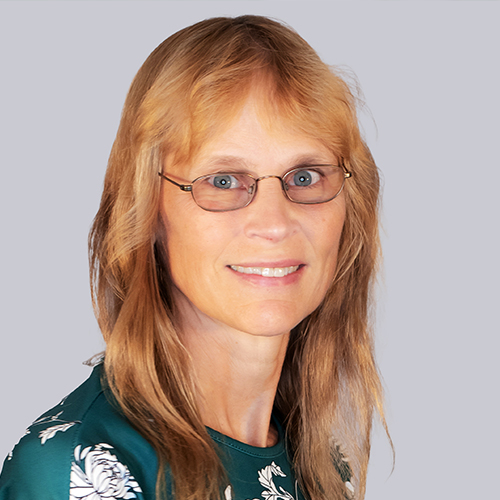
How Do You Respond to the Unusual? Case Studies of Uncommon Events in Birth

Bonnie Urquhart Gruenberg, CNM, MSN, CRNP, is the award-winning author of Birth Emergency Skills Training; Manual for Out-of-Hospital Midwives, and co-developer of the workshop by the same name. In 2023, her long-awaited seminal work, Birth Emergencies for Community Midwives, will come to press. She has caught more than 2,100 babies to date in the home, in a free-standing birth center, and in the hospital. She currently works for Wellspan Health in Lancaster County, PA. Bonnie has written and illustrated 12 books on topics ranging from midwifery and maternity care to wild horse management. She enjoys painting, photography, and hobby farming.
Topic: Placentas Behaving Badly - [View Abstract]
A seasoned midwife sometimes encounters unusual situations in clinical practice. In these unique case studies, we will consider the challenges of paravaginal birth, uterus didelphys, cervical myoma, and acute urinary retention in the second trimester.

View Details / Enroll
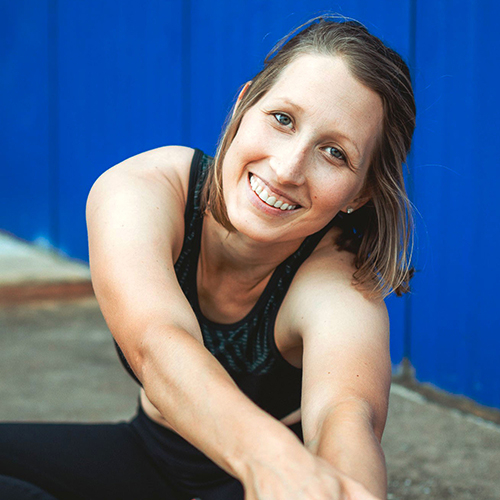
Hypermobility Spectrum Disorders (HSD) and Pregnancy: Assessment and Clinical Management

Monika Patel, Doctor of Physical Therapy and Strength and Conditioning Specialist has a passion for empowering women to prepare mentally and physically for a well-balanced parenthood. She is currently undergoing the American Physical Therapy Association's Certificate in Obsetrics. She has applied her knowledge toward preventative medicine and established Train4Birth, an affordable online education and beneficial movement course with a built-in accountability feature. She is also the mother of a truck-loving toddler and couldn’t be happier than digging with him in the backyard.
Hypermobile Ehlers-Danlos Syndrome (hEDS) and Hypermobile Spectrum Disorder (HSD) are estimated to affect 6 million (4.6%) pregnancies globally per year. As such, cases of hypermobility in maternity services should no longer be considered rare, only rarely diagnosed. Learn more about the potential impact of hypermobility on pregnancy, how to screen for it and clinical management. Useful hypermobility screening tools and decision-making matrices for birth workers, relative to a patient’s degree of hypermobility, will be outlined.
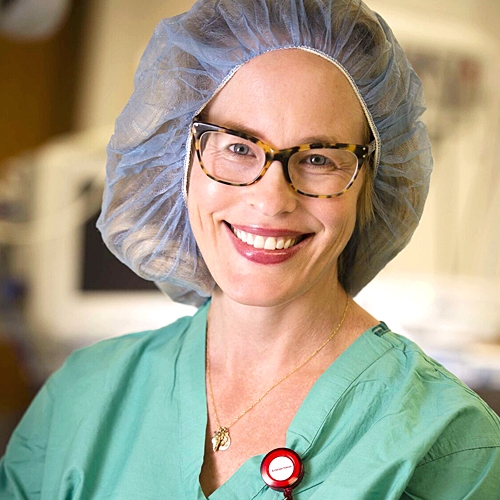

Katrina B. Mitchell, MD, IBCLC, PMH-C is a breast surgeon, lactation consultant, and perinatal mental health provider. Her surgical practice includes the care of women with breast cancer and benign breast disease. She sees runs a daily breastfeeding medicine practice, treating patients for a wide variety of lactation concerns ranging from hypolactation to nipple trauma. Additionally, she provides medication management and support for women impacted by perinatal mood and anxiety conditions.
Dr. Mitchell lectures locally, nationally, and internationally on the intersection of lactation and surgery, and has authored book chapters, clinical care protocols, and journal articles on the topic. She is the creator of the physicianguidetobreastfeeding.org, an evidence-based resource for breastfeeding families and the communities that support them. Dr. Mitchell resides in Santa Barbara, California and practices at the Ridley Tree Cancer Center at Sansum Clinic. She enjoys reading, traveling, and spending time with her son camping at the beach. She can be reached at physicianguidetobreastfeeding.org.
Topic: Performing Physical Breast Assessment - [View Abstract]
The purpose of this presentation is to first review basic components of the breast physical exam, and then transition into the management of challenging maternal complications of lactation. We also briefly will review breast imaging that may be required for diagnostic purposes in this setting.
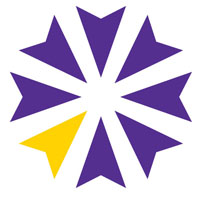
View Details / Enroll
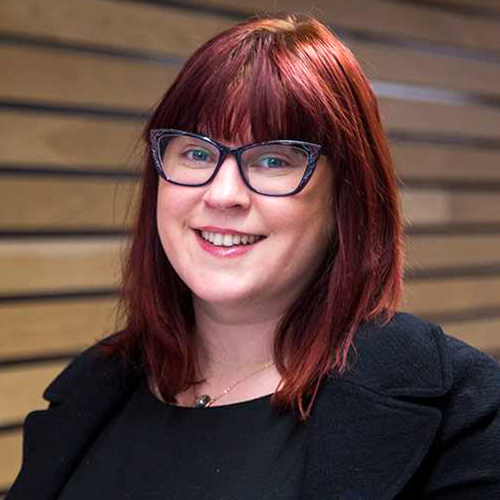
New Educational Tools to Support Childbearing With Hypermobility Spectrum Disorders

Dr Sally Pezaro is an Academic midwife, and an editorial board member of the British Journal of Midwifery and the International Journal of Childbirth. She is also a member of the Mary Seacole Awards steering group funded by Health Education England, a panelist on the Nursing and Midwifery Council’s fitness to practise Investigating Committee and ‘The Academic Midwife’ on Facebook. Sally has experience working as a midwife clinically in the United Kingdom, the Gambia and Ethiopia. Reflecting on her own experiences, Sally has developed a passion for supporting the psychological wellbeing of health care professionals. Throughout her PhD work, Sally secured the case for developing an online intervention, designed to primarily support midwives in work-related psychological distress. The overriding vision for Sally’s ongoing research is to secure a psychologically safe professional journey for midwives and excellence in maternity care. Her latest work focuses upon improving maternity care for those childbearing with hypermobile Ehlers-Danlos syndrome (hEDS), transgender communities, substance use and domestic violence in particular.
Hypermobile Ehlers-Danlos syndrome (hEDS) and Hypermobility Spectrum Disorders (HSD) are multisystemic connective tissue disorders and present far more common than previously thought. Recent international findings reveal that poor experiences for those childbearing can result in a disengagement from services, trauma, stress, anxiety and an avoidance of future pregnancies. Alternatively, supportive care and listening can make a big difference to the child bearer. Maternity staff observed in this research were sometimes perceived to be panicked when providing care in this context. Ultimately, childbearing with hEDS/HSD is challenging, as connective tissue is affected throughout the body. Drawing from the findings of their recent international research, a team of expert co-creators employed the ‘Define, design, refine’ method originating from the Co-Creating Welfare Project to develop tools to support education in relation to childbearing with hEDS/HSD. This was done via a series of online co-creation webinars. The final tools comprised an infomercial, an i-learn module to be hosted by the Royal College of Midwives and a practical toolkit with images for universal use. Co-creators were generally positive about their experiences in engaging in this particular online co-creative process, which enabled them to participate in a national project more easily and effectively overall.
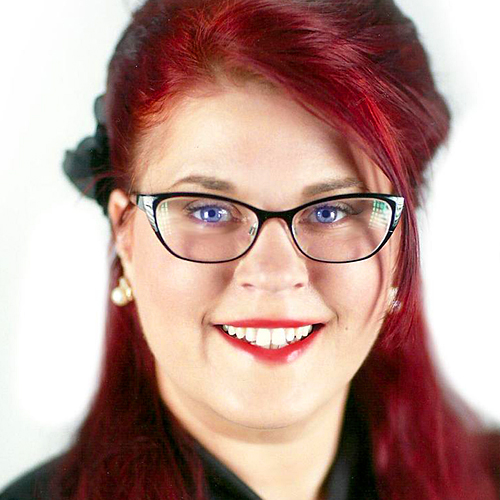
View Details / Enroll








